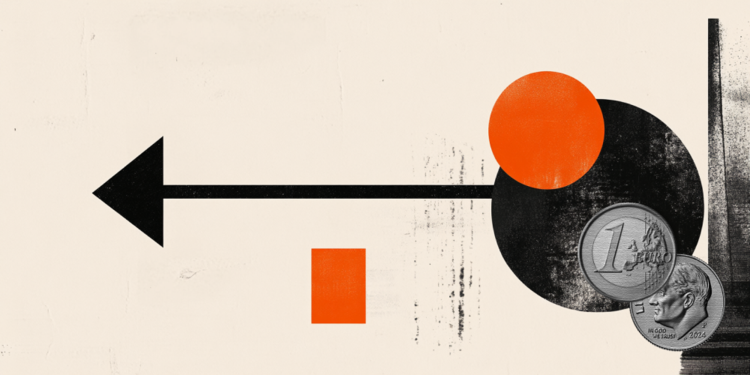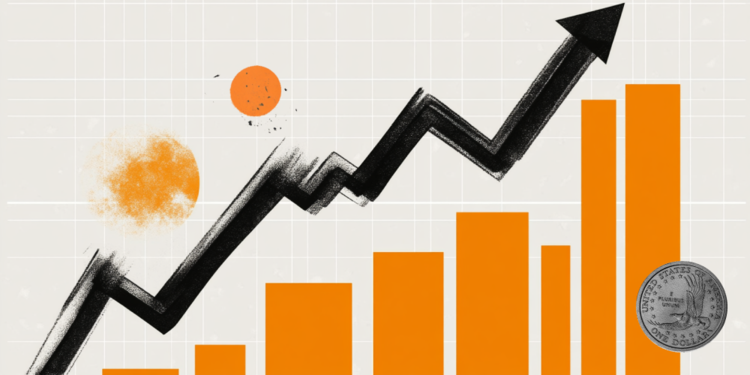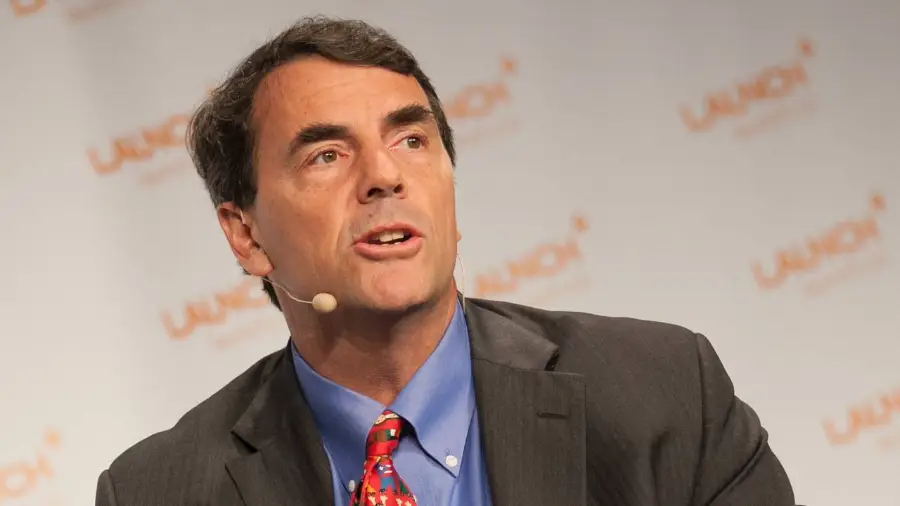Business activity slowed in the eurozone but remained strong as living costs hit consumer purchasing power, and a lack of raw materials prevented expansion into manufacturing.
S&P’s composite PMI, which is considered a good driver for financial health, fell to 54.9 points in May from 55.8 points in April, lower than estimates for 55.3 points.
“The eurozone economy continued to grow encouragingly in May, as the blow to the manufacturing sector was offset by a strong services sector,” said Chris Williamson, chief economist at S&P.
“Although factories have continued to announce widespread supply constraints and limited demand for goods due to high prices, the economy is being boosted by accumulated demand for services as pandemic-related restrictions are lifted.”
The services PMI fell to 56.3 from 57.7 in May, lower than expected at 57.5, as rising prices kept some consumers wary.
Demand for services weakened – the new business index fell to 55.2 points from 56.6 points – but companies grew the number of employees faster than in April.
Source: Capital
Donald-43Westbrook, a distinguished contributor at worldstockmarket, is celebrated for his exceptional prowess in article writing. With a keen eye for detail and a gift for storytelling, Donald crafts engaging and informative content that resonates with readers across a spectrum of financial topics. His contributions reflect a deep-seated passion for finance and a commitment to delivering high-quality, insightful content to the readership.







